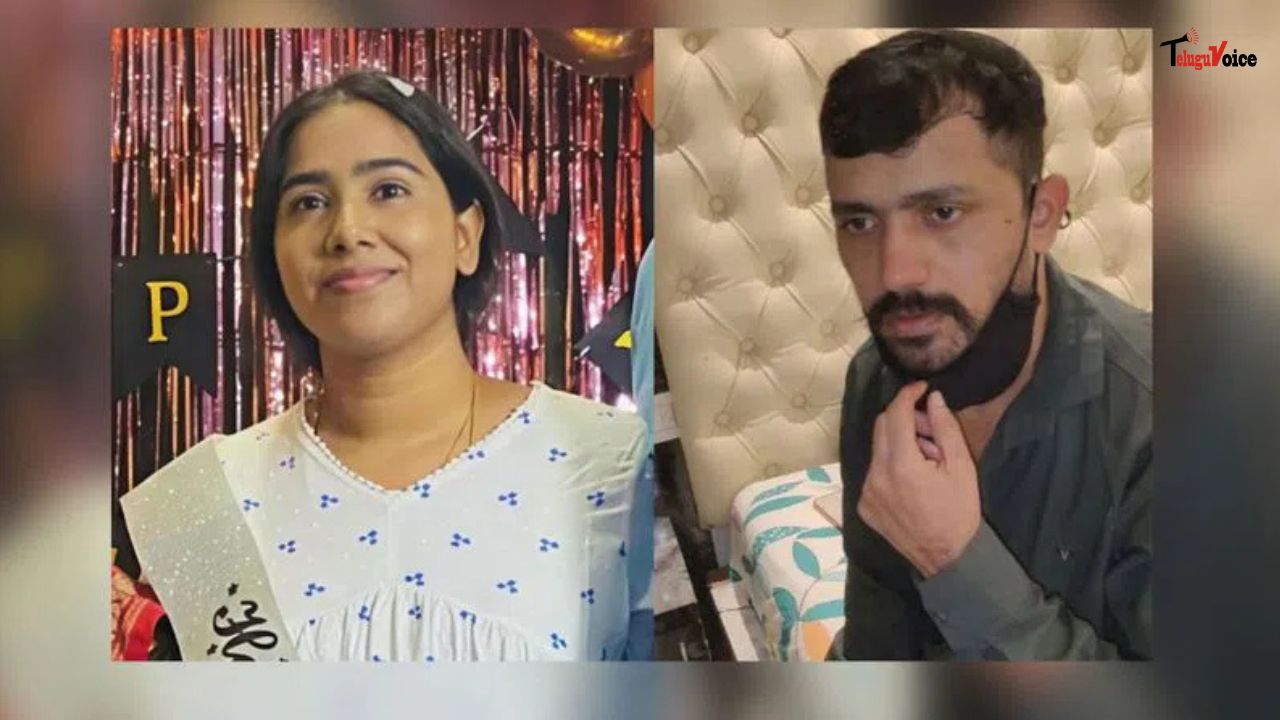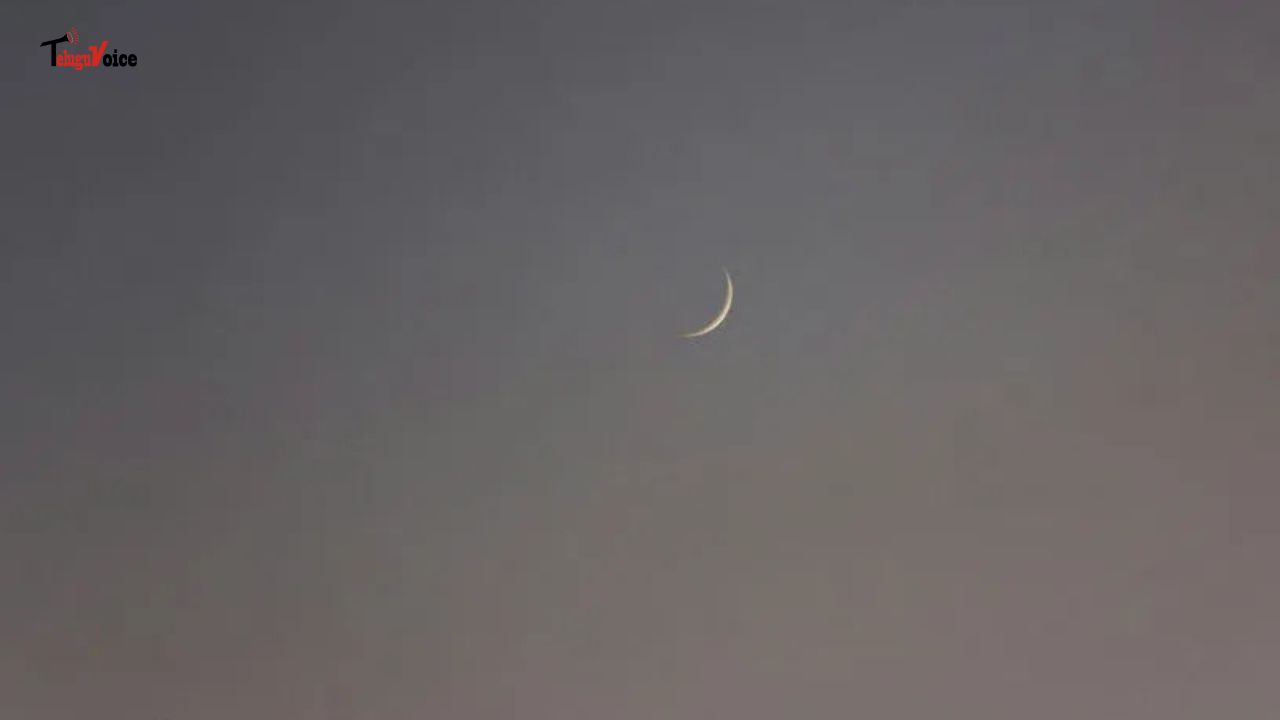Face coverings banned after Easter bloodshed

Sri Lanka has restricted face covers out in the open, after a spate of suicide assaults on Easter Sunday that killed something like 250 individuals and harmed hundreds.
President Maithripala Sirisena said he was utilizing a crisis law to force the limitation from Monday.
Any face piece of clothing which "ruins distinguishing proof" will be prohibited to guarantee security, his office said. Muslim pioneers scrutinized the move.
The niqab and burka - worn by Muslim ladies - were not explicitly named.
The move is seen as focusing on those articles of clothing, be that as it may.
Sri Lanka stays on high ready eight days after Islamist assaults that hit places of worship and lodgings.
Many suspects have been captured; however, neighborhood authorities have cautioned that more aggressors stay on the loose.
Sri Lanka has a sizeable and hundreds of years old Muslim populace - of the nation's 21-million populace, just shy of 10% are Muslim.
Just a few ladies are thought to wear the face-covering niqab, or the burka - a one-piece article of clothing that covers the face and body.
A week ago, a Sri Lankan MP had proposed a prohibition on ladies wearing the burka, saying it ought to be banned on security grounds.

 South Africa tour of India 2019
South Africa tour of India 2019










Comments